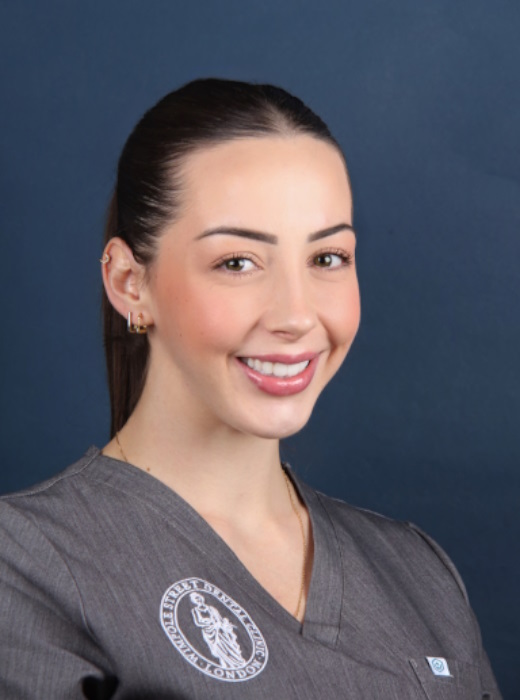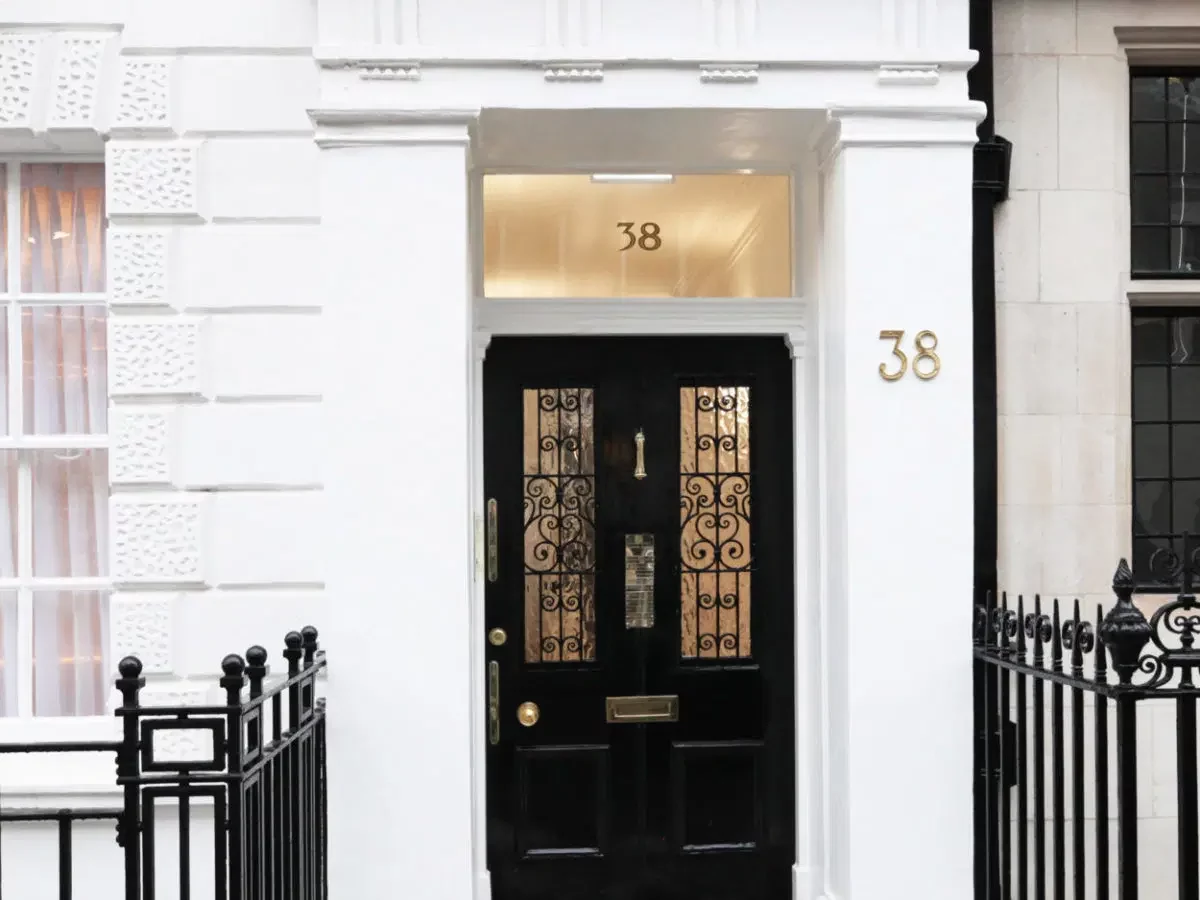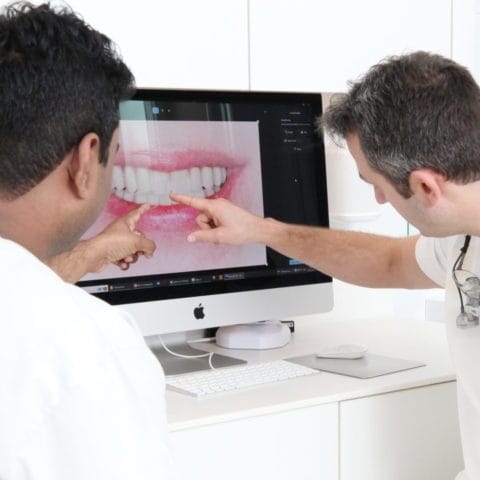Vital Pulp Therapy in London
Preserving natural teeth is the ultimate aim of conservative dentists. Dental pulp, which is the soft inner tissue that contains nerves, blood vessels, and connective tissue, can become damaged following injury due to dental trauma, deep decay, or extensive restorative procedures. Once the injury is very close to the pulp, direct restoration of the tooth with a standard filling could irritate the pulp further, potentially leading to complete death of the pulp and the spread of infection.

Treatment
1-2 hours

Price
From £500

Team Experience
40+ Years

Recovery Time
1 Day

Google Rating
★★★★★ (4.9)
Examples of our work
Vital pulp therapy is a minimally invasive procedure focused on preserving the health of a tooth’s pulp after injury or early-stage decay. At Wimpole Street Dental Clinic, our vital pulp therapy case studies highlight how we use advanced techniques to maintain tooth vitality and prevent further damage. Each case illustrates our commitment to conservative, patient-centered care, helping individuals retain their natural teeth and enjoy long-term oral health.

What is Vital Pulp Therapy?
Vital pulp therapy represents a group of minimally invasive contemporary endodontic treatments aimed at preserving the vitality (or life) of a dental pulp. The primary goal of these biologically based treatments is to conservatively treat and prevent the spread of infection or inflammation within the tooth whilst maintaining its function and avoiding a more invasive treatment and extraction.
Preserving the vital pulp following an injury or threat of injury offers several benefits. Firstly, it helps maintain the tooth’s defence system, as the pulp plays a vital role in immune responses and protects the tooth from potential infections and inflammation. Secondly, it ensures the full proprioceptive function of the tooth, allowing it to sense and respond to stimuli during chewing and biting. Moreover, when a tooth is still forming, preserving the vital pulp allows for its continued development and the growth of the surrounding dentoalveolar complex, contributing to proper root development and overall structural integrity.
Preserving the vital pulp also reduces the need for complex and sometimes unpredictable endodontic procedures. Treating a necrotic pulp can be technically demanding and not always successful, highlighting the advantages of maintaining pulp vitality. Lastly, by avoiding extensive endodontic treatment, the natural strength and resilience of the tooth structure can be preserved, reducing the risk of tooth fractures.
Who is suitable for Vital Pulp Therapy?
It is important to note that the suitability for vital pulp therapy is assessed on a case-by-case basis by the dental professional. Factors such as the extent of pulp damage, the extent of the sound remaining tooth structure, overall oral health, and the likelihood of successful treatment outcomes are taken into consideration when determining the appropriateness of vital pulp therapy for an individual.
The specific situations where vital pulp therapy may be considered include:
Dental caries (deep or very deep dental decay): In these scenarios, the tooth would have to be inspected directly under complete aseptic conditions, good lighting and an operating microscope, to assess the extent of the damage and suitability of the underlying tooth and pulp tissue. The extent and the texture of the damaged pulp dictate how much tooth tissue is removed. For reference, the treatments are named according to how much pulp tissue is removed: indirect pulp capping, direct pulp capping, partial pulpotomy, full pulpotomy.
Traumatic tooth injuries: When a tooth has suffered a traumatic injury, such as a fracture or a strong impact, vital pulp therapy may be appropriate if the pulp is not severely damaged or contaminated.
Pulp exposure during dental procedures: In some cases, the pulp may be accidentally exposed during dental procedures, such as cavity preparations or crown preparations. If the exposed pulp is healthy, vital pulp therapy can be considered to protect and preserve it.
Immature teeth with pulp infections: In young individuals with immature permanent teeth (usually under the age of 16), vital pulp therapy may be performed to treat pulp infections and allow the tooth to continue developing properly.
Meet your award-winning Vital Pulp Therapy dentist and team…
- We have over 75+ years of combined dentistry experience across our specialist team.
- 10,000+ treatments performed and counting.
- We are leaders in the dental industry – we regularly teach, lecture and publish our research work internationally.
Our Expertise
When it comes to taking care of your smile, whether it’s for emergency treatment, routine care, or cosmetic dentistry, it’s crucial to find a qualified and experienced dental professional you can trust. At Wimpole Street Dental Clinic, we strive to meet and exceed your expectations by delivering premium dental care at every appointment. We invite you to place your trust in us and experience the exceptional dental services we offer.
We offer a new standard in modern specialist dentistry in our clinical methodology – leveraging the optimal combination of the finest handcraft, digital computer-aided design (CAD) and computer-aided manufacturing (CAM) technology to deliver excellence in both patient care and dental treatment success.
We perform all root canal treatments in accordance with the guidelines of the German and British Society of Endodontics here at Wimpole Street Dental Clinic in London.

Helen Li
Wimpole Street Dental has the highest most ethical standard of work, personable approach, clear and safe procedures, top notch excellence and reliability in treatment provided with utmost professionalism from crème de la crème world class specialists all under one roof.
Scientific references and who is the best person to perform this procedure?
The protocol we follow is based on the recommendation of the following societies which is based on the current available best evidence-based dentistry:
American Association of Endodontics (AAE)
European Endodontic Society (EES)
British Endodontic Society (BES)
Dental Trauma UK (DTU)
The suitability of this procedure is assessed case by case basis and sometimes direct assessment of the tooth (via operating microscope) is essential to assess the pulp status before vital pulp therapy is offered.
To maximise the chances of success and the outcome of this procedure, an Endodontist with an extensive experience in this filed, using operating microscope is essential. This contemporary approach is currently under extensive research and is updated regularly.
Take your first step with Wimpole Street Dental Clinic
Discover the path to a brighter smile with Wimpole Street Dental Clinic! Our team of skilled professionals utilises advanced technology to provide personalised dental care in a comfortable setting.
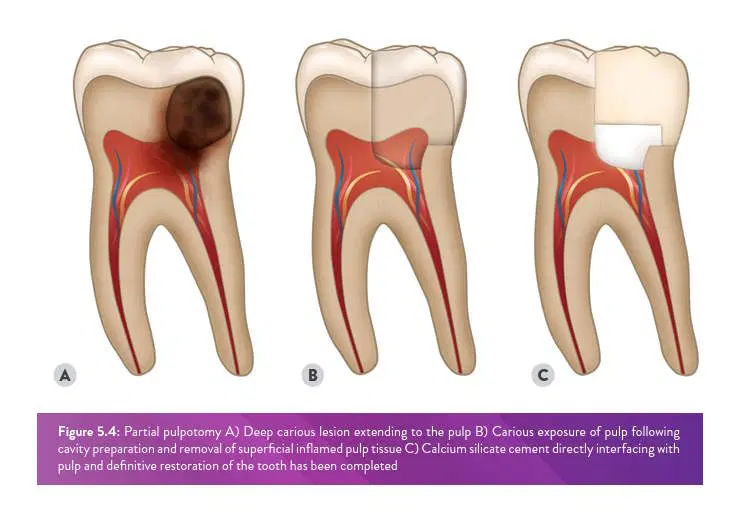
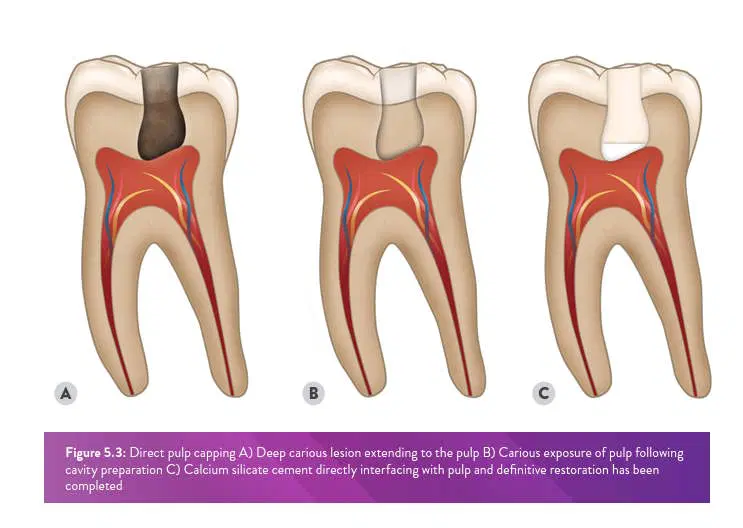
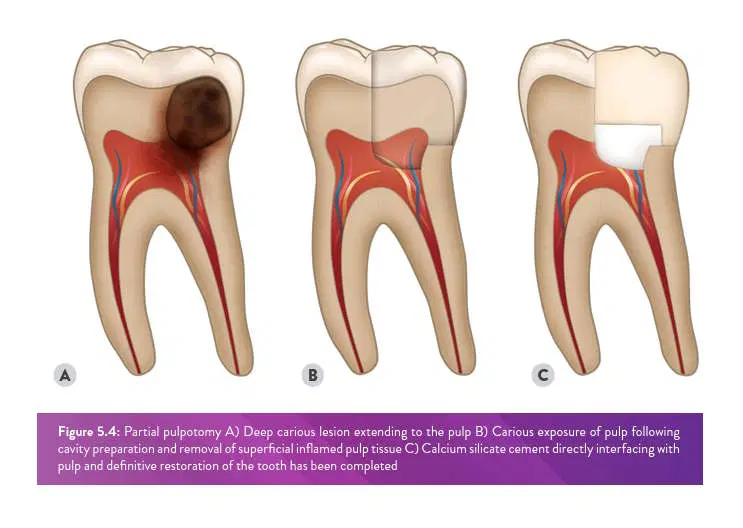
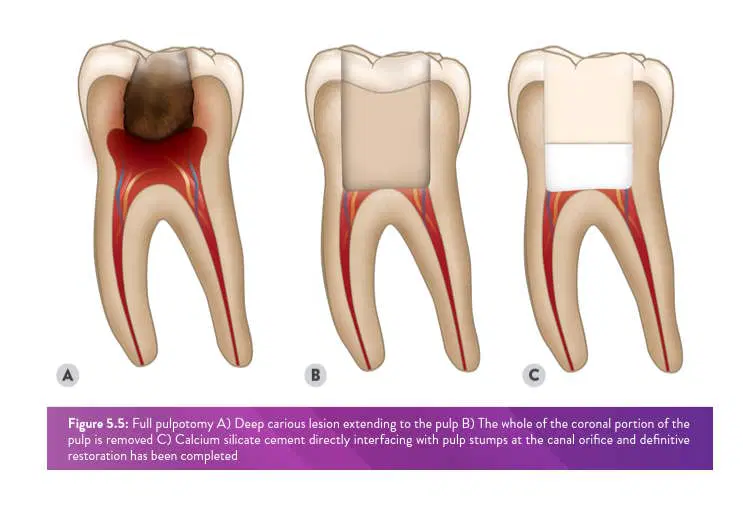
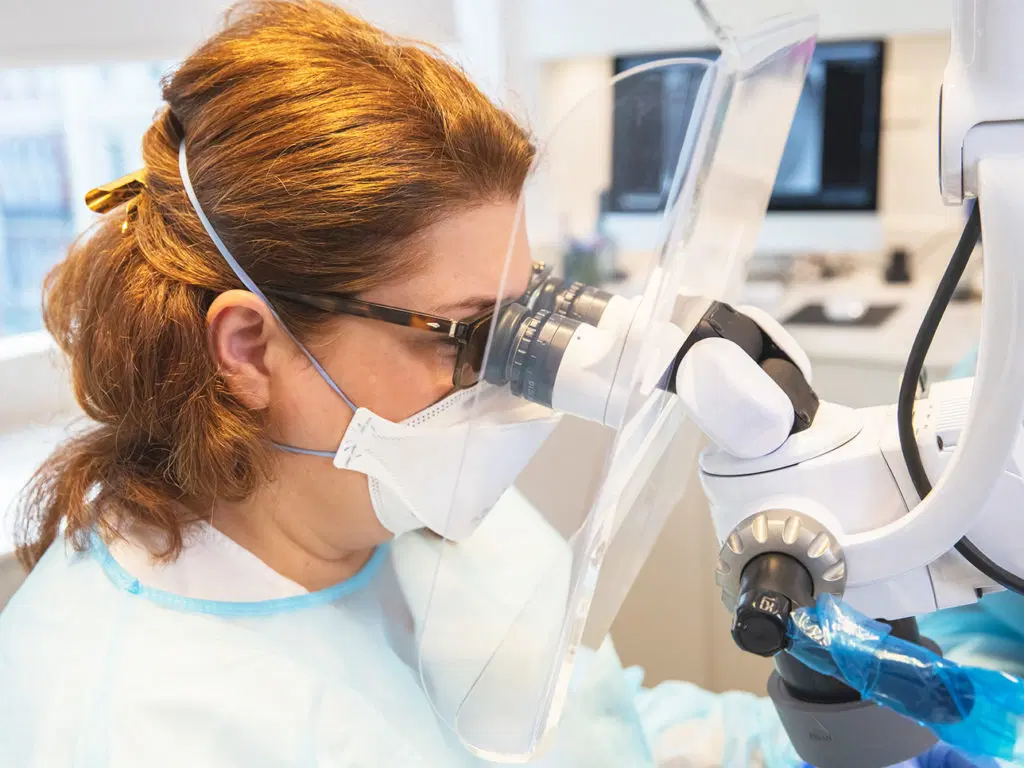
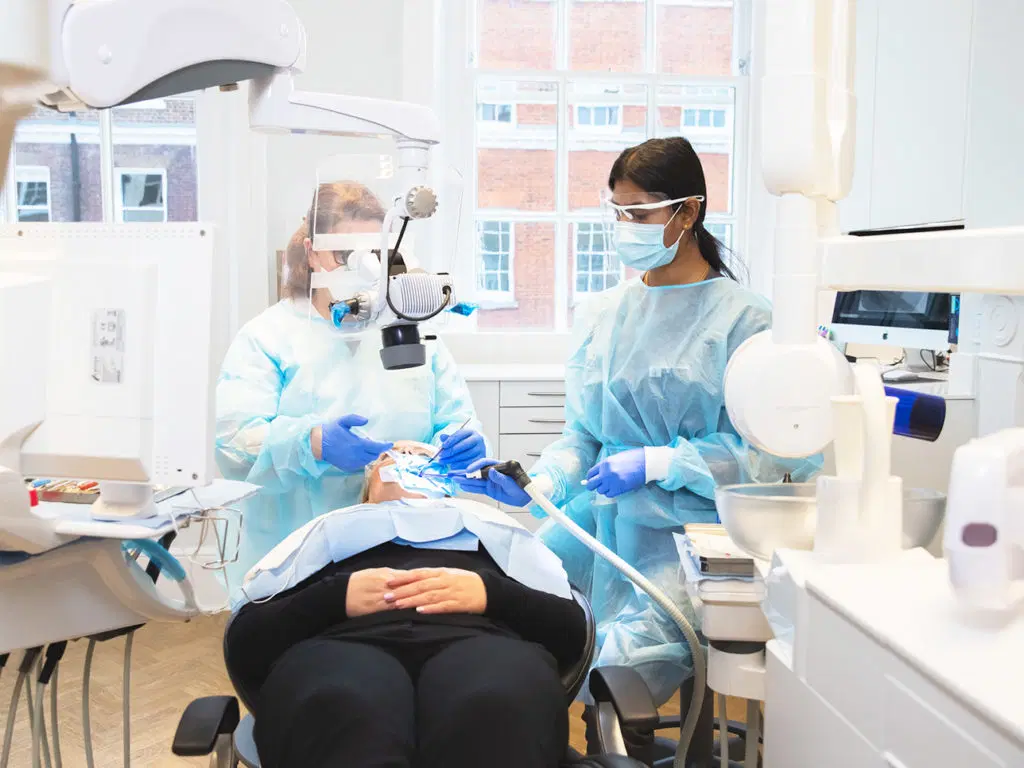
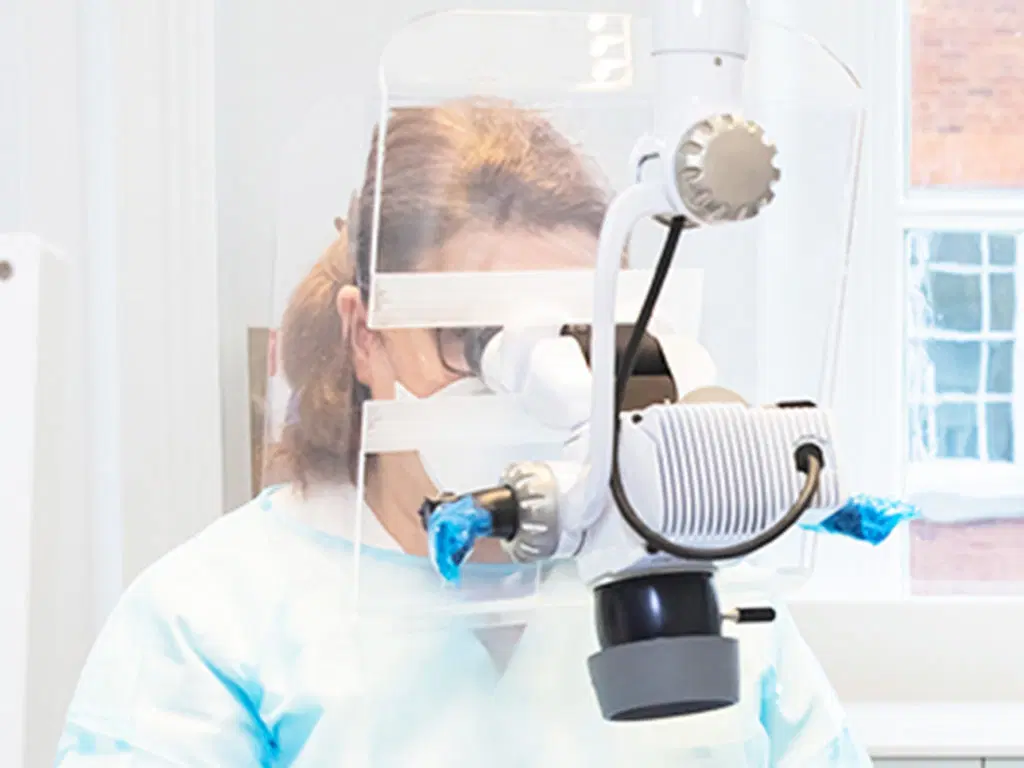
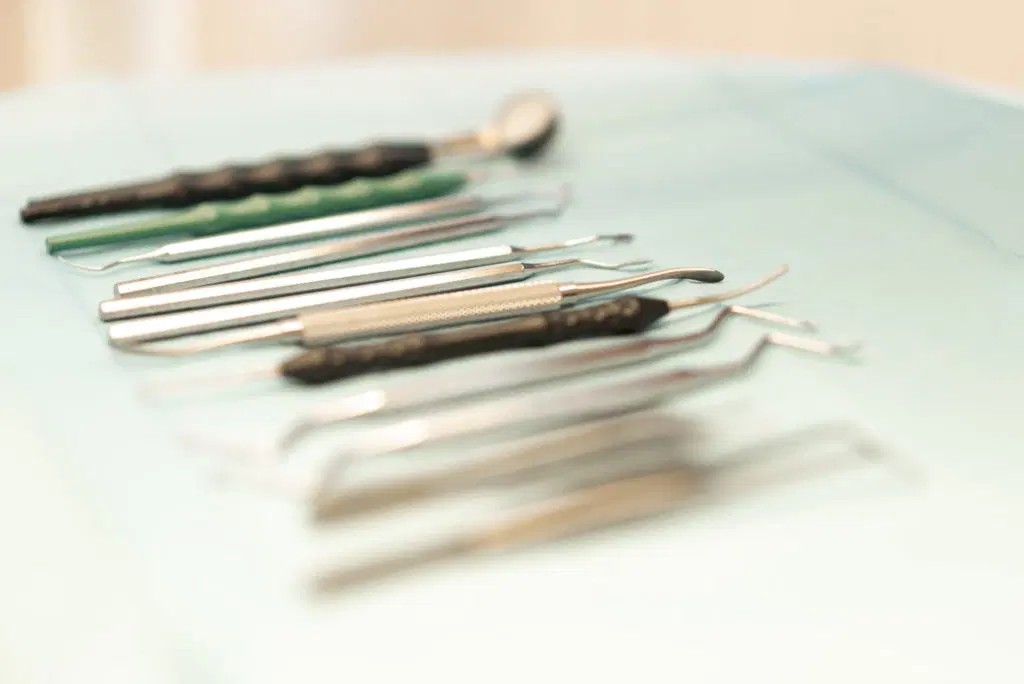
New page design
Written by: Prof Dr Christian Mehl
Medically reviewed by: Dr Raul Costa
Author biography added
Written by: Prof Dr Christian Mehl
Medically reviewed by: Dr Raul Costa
Original content created
Written by: Prof Dr Christian Mehl
Medically reviewed by: Dr Raul Costa
Wimpole St Dental Clinic has strict sourcing guidelines and relies on peer-reviewed studies, academic research institutions, and medical associations. We avoid using tertiary references. You can learn more about how we ensure our content is accurate and current by reading our editorial policy.
- Ricucci D, Siqueira JF Jr, Li Y, Tay FR. Vital pulp therapy: histopathology and histobacteriology-based guidelines to treat teeth with deep caries and pulp exposure. J Dent. 2019 Jul;86:41-52. doi: 10.1016/j.jdent.2019.05.022. Epub 2019 May 21. PMID: 31121241.
- Ricucci D, Siqueira JF Jr, Li Y, Tay FR. Vital pulp therapy: histopathology and histobacteriology-based guidelines to treat teeth with deep caries and pulp exposure. J Dent. 2019 Jul;86:41-52. doi: 10.1016/j.jdent.2019.05.022. Epub 2019 May 21. PMID: 31121241.
- Fuks AB. Vital pulp therapy with new materials for primary teeth: new directions and Treatment perspectives. Pediatr Dent. 2008 May-Jun;30(3):211-9. PMID: 18615986.
- JOE Editorial Board. Vital pulp therapy: an online study guide. J Endod. 2008 May;34(5 Suppl):e103-6. doi: 10.1016/j.joen.2007.08.002. PMID: 18457685.









